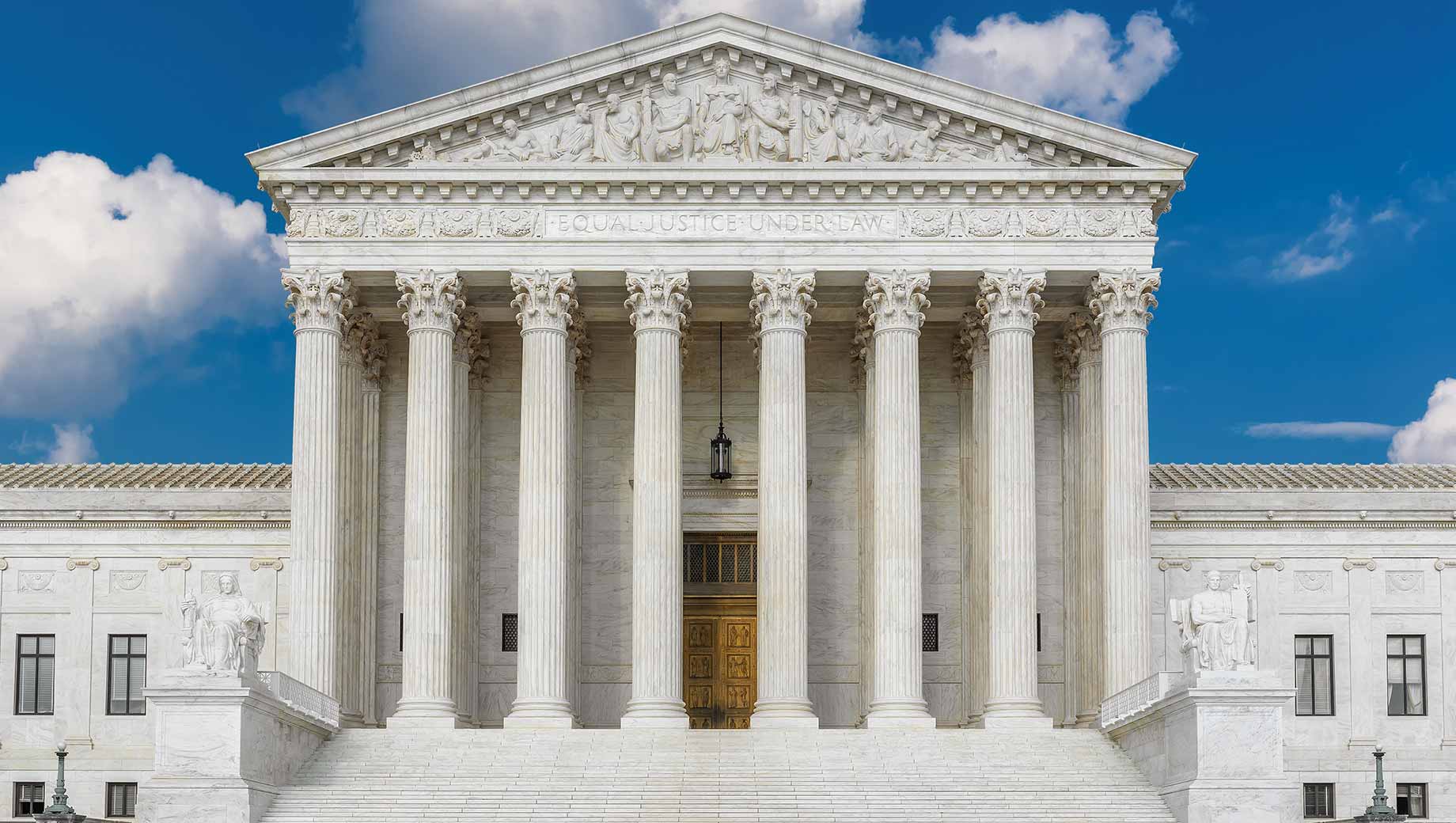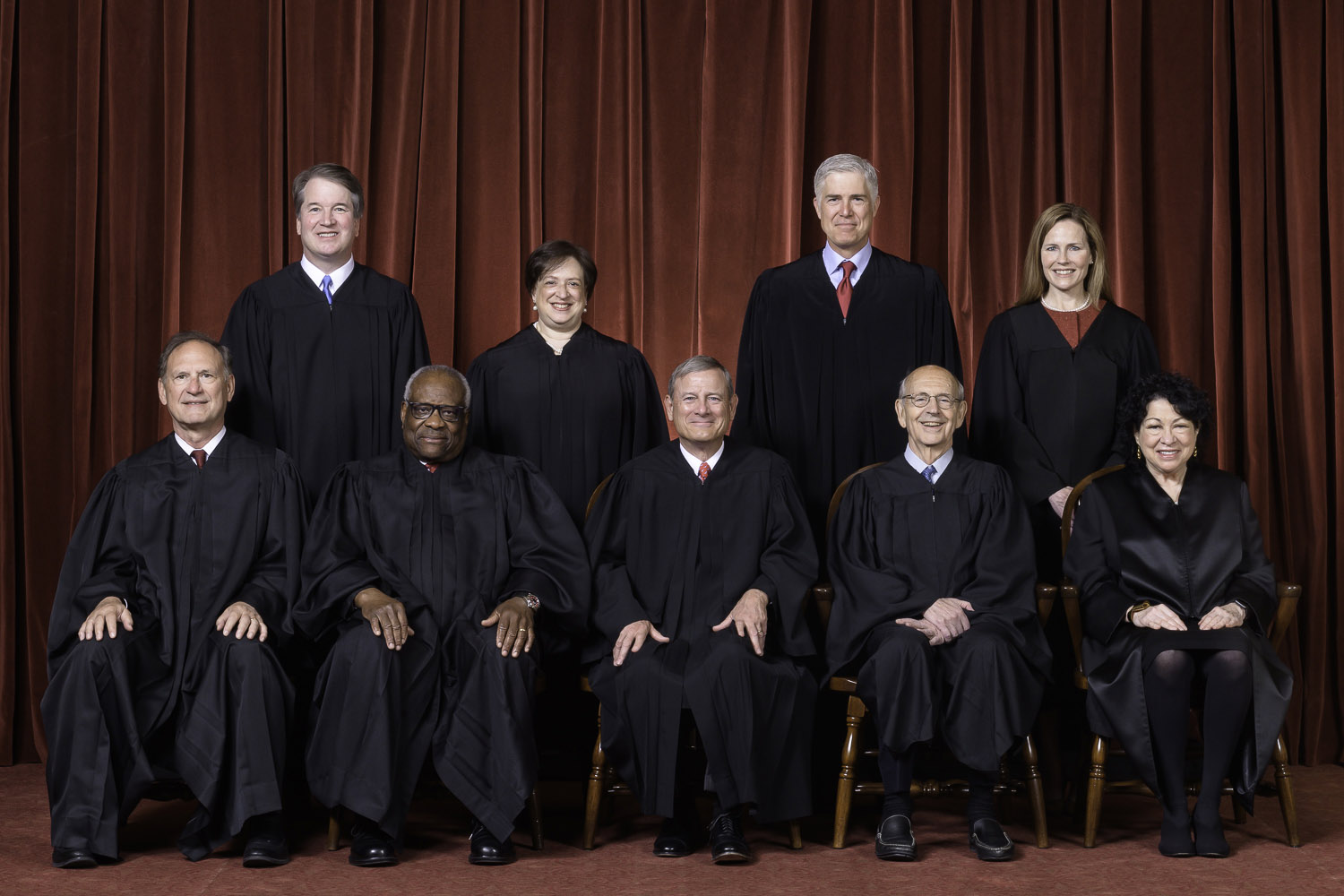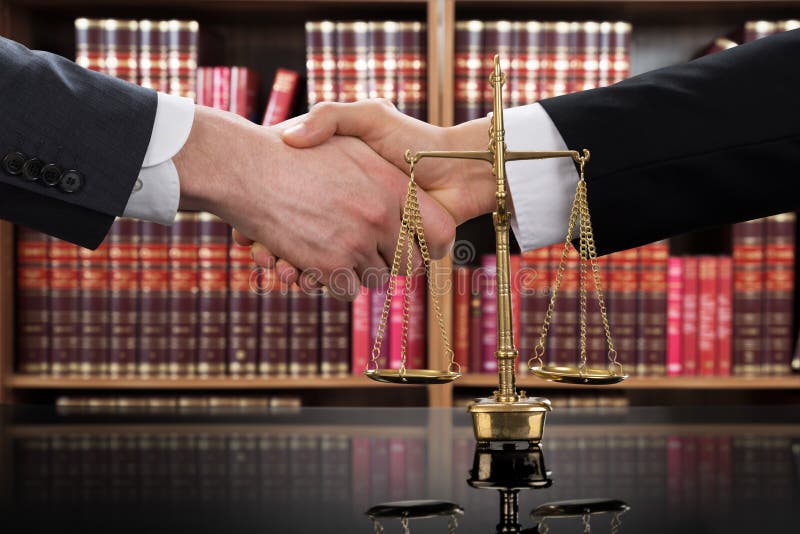Supreme Court: Talking about Freedom
About the Supreme Court
If you are like me you might think, why is the Supreme Court even important? Something I learned was at the main entrance to the building of the Supreme Court these words are present, “Equal Justice Under Law.” The purpose of these words is to demonstrate the importance of the Supremes’ Court authorities of the United States. Within the Supreme Court there are documents and functions to help deal human dilemmas. The Constitution allows the Supreme Court official power to make legal judgements or decisions. The Bill of Rights ensures each branch of government recognizes the restriction of its own power.

https://www.supremecourt.gov/about/about.aspx
Justices of the United States
Within the Supreme Court you will find nine members. The Chief Justice of the United States is John G. Roberts, Jr. During his time, he has recommended and executed a refocusing for the Supreme Court. Following him are the associate justices, who are Clarence Thomas, Samuel A. Alito Jr., Sonia Sotomayor, Elena Kagan, Neil M. Gorsuch, Brett M. Kavanaugh, Amy Coney Barret, and Ketanji Brown Jackson. These associated justices in the Supreme Court are responsible for attending and participating in decision makings.

How Justices Work
Justices in the Supreme Court hear verbal arguments and make the decisions based on the case they reviewed, then the Court will hear the case. The Justices meet weekly to choose what the court will end up deciding. They tend to receive more than 100 new cases every week. The newly arrived petitions are sent to justices once a week. In every single chamber each justice does their own work. Any of the justices may write a separate decision if they don’t agree with the majority. In the court room the first thing justices do is shake hands with each of the other justices. The purpose of this is to show “that the harmony of aims, if not views, is the court's guiding principle.” In the court room lawyers are allowed 30 minutes to speak arguments. Oral arguments give the opportunity to ask hard questions. Within a few days after hearing arguments justices vote on the case. The law clerks assist in drafting the opinions. The first draft is four weeks long sent to all nine justices. Revisions may go on for months after that to accommodate different views.


No comments:
Post a Comment